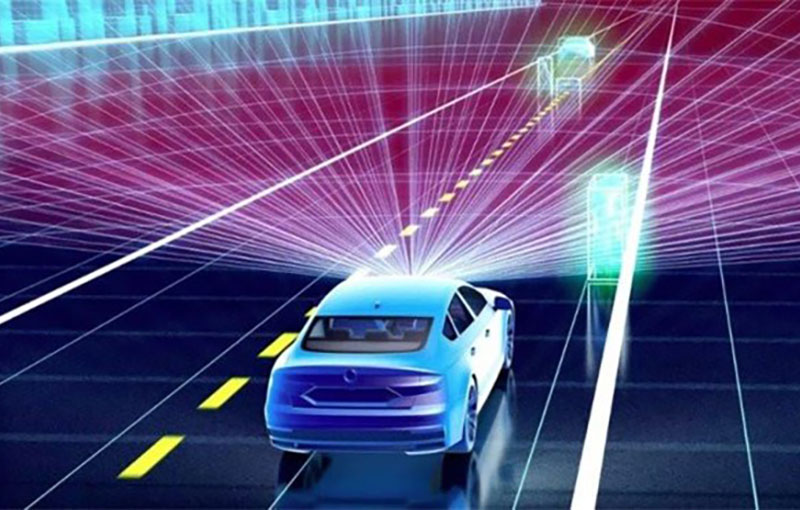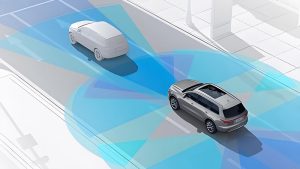Introduction
Autonomous vehicles are increasingly used in industrial environments, and LiDAR technology plays a crucial role in ensuring their safe operation. By providing accurate 3D mapping, LiDAR enables these vehicles to detect and avoid obstacles effectively.

LiDAR’s Role in Autonomous Vehicles
LiDAR sensors generate detailed 3D maps of the environment by emitting laser pulses and analyzing the reflected light. This data allows autonomous vehicles to detect obstacles, navigate complex environments, and make real-time decisions. For example, in a warehouse setting, an autonomous forklift uses LiDAR to avoid collisions with other vehicles and shelving units.
Improving Safety
LiDAR-enhanced obstacle avoidance improves safety by reducing the risk of accidents and collisions. The real-time data provided by LiDAR allows autonomous vehicles to react quickly to changes in their environment, such as the sudden appearance of an obstacle or a change in terrain.
Integration with Other Technologies
LiDAR is often integrated with other technologies, such as cameras and radar, to provide a comprehensive view of the environment. This multi-sensor approach enhances the reliability of obstacle detection and avoidance systems, ensuring that autonomous vehicles operate safely and efficiently.
Challenges and Solutions
Challenges in using LiDAR for autonomous vehicles include the need for high computational power and the integration of data from multiple sensors. Advances in processing technology and sensor fusion techniques are addressing these challenges, improving the performance of LiDAR-based systems.
Conclusion
LiDAR is essential for the safe operation of autonomous vehicles in industrial environments. Its ability to provide accurate 3D mapping and real-time obstacle detection enhances safety and efficiency in industrial automation.


